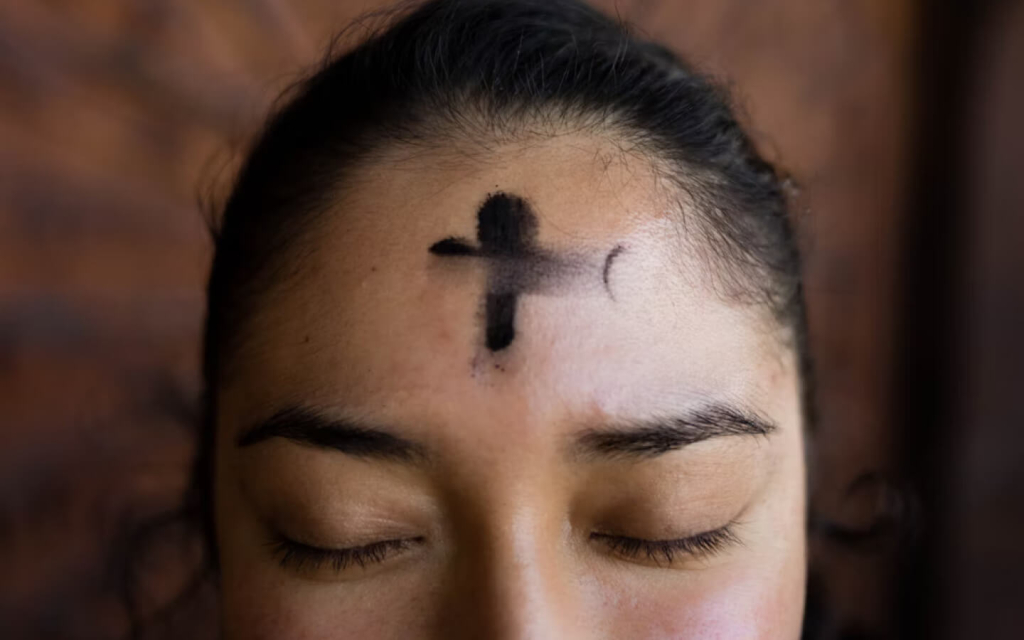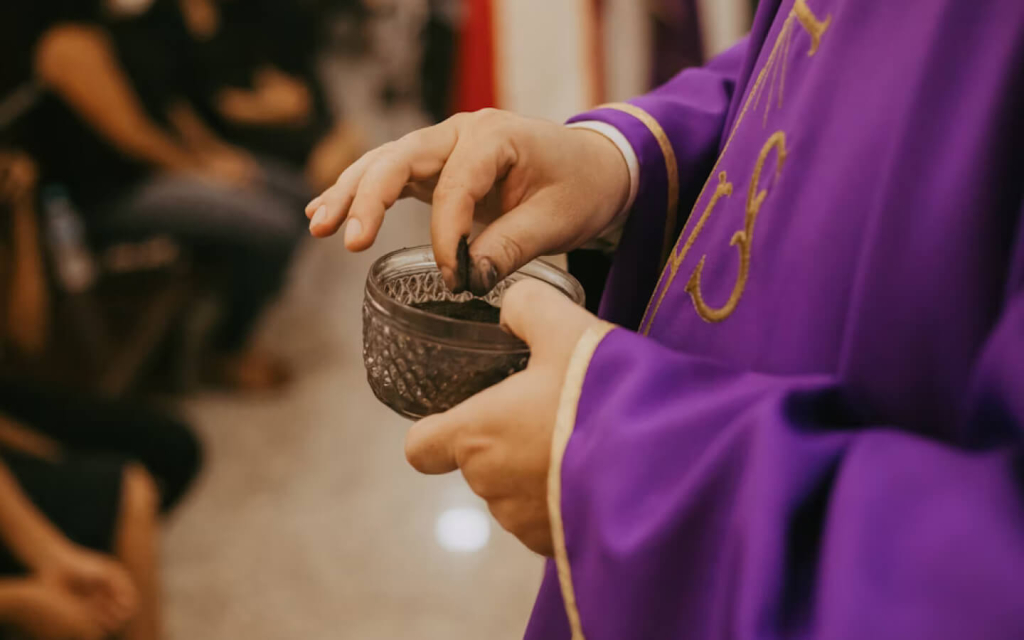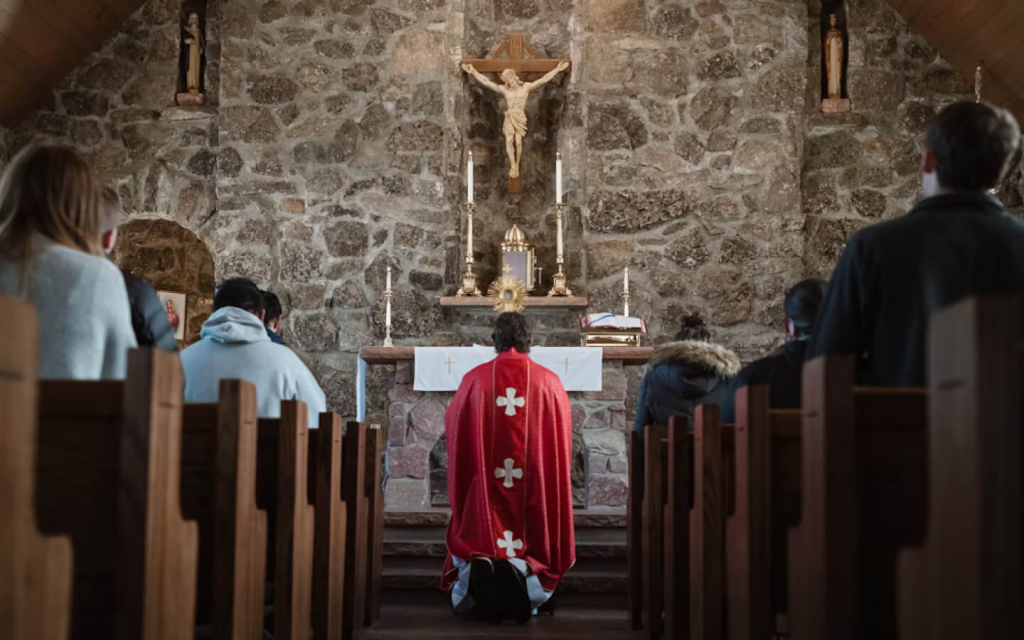
Ash Wednesday marks the beginning of the season of Lent for millions of Christians around the world. This sacred day is particularly significant in the Philippines, where the Catholic Church plays a vital role in the spiritual life of the nation.
In this blog, we explore the customs, practices, and significance of Ash Wednesday in the Philippines, capturing the essence of this holy day for the Catholic faithful.
What is the Ash Wednesday tradition?
Ash Wednesday is a pivotal day for Christians as it signifies the start of Lent, a penitential season of 40 days leading up to Easter Sunday. This period is dedicated to spiritual introspection, self-denial, and preparation for the resurrection of Jesus Christ.
The day derives its name from the practice of placing ashes on the foreheads of the faithful, symbolizing penance and mortality.
The Observance of Ash Wednesday in the Philippines

In the Philippines, Ash Wednesday is observed with great reverence and devotion. The Catholic Church holds a central role in guiding the faithful through this important day.
Churches across the country are filled with parishioners attending mass, where they receive the ashes that mark the beginning of their Lenten journey.
Ash Wednesday Ashes
The ashes used on Ash Wednesday are traditionally made by burning the palm fronds from the previous year’s Palm Sunday celebrations. These ashes serve as a powerful reminder of human mortality and the need for repentance.
As the priest or minister applies the ashes to the forehead, they often recite the words, “Remember, you are dust, and to dust, you shall return.
Customs and Practices

The customs and practices surrounding Ash Wednesday in the Philippines are deeply rooted in faith and tradition. Here are some of the key practices observed by the Catholic faithful:
Mass Attendance: Attending mass on Ash Wednesday is a crucial part of the day’s observance. Many Filipino Catholics make it a point to begin their Lenten season by participating in this sacred rite.
Receiving Ashes: After mass, the faithful line up to receive the ash cross on their foreheads. This act of receiving ashes is a public display of their commitment to observe Lent and engage in spiritual reflection.
Fasting and Abstinence: Ash Wednesday is a day of fasting and abstinence. Many Catholics abstain from eating meat and limit their food intake as a form of penance and self-denial. This practice is a reminder to focus on spiritual nourishment rather than physical comfort.
Prayer and Reflection: The Lenten season is a time for increased prayer and reflection. Many Filipinos use this period to engage in spiritual practices, such as attending additional church services, participating in confession, and dedicating time to personal prayer.
When is Ash Wednesday?
Unlike other religious observances, Ash Wednesday does not fall on the same date each year. Instead, it is determined by the date of Easter Sunday, which varies annually. Ash Wednesday falls 46 days prior to Easter Sunday, signifying the commencement of the Lenten season.
Despite this variability, the significance of the day remains constant for the Catholic faithful in the Philippines.
The Broader Context of the Lenten Season

Ash Wednesday serves as the gateway to the broader context of the Lenten season. This period is characterized by a focus on repentance, self-denial, and spiritual growth, culminating in the observance of Holy Week.
Holy Week
Holy Week is the final week of Lent and includes several significant events leading up to Easter Sunday. It begins with Palm Sunday, commemorating Jesus Christ’s triumphant entry into Jerusalem. The use of palm fronds during this celebration is a symbol of victory and peace.
The week continues with Holy Thursday, marking the Last Supper, and Good Friday, commemorating the crucifixion of Jesus Christ.
These solemn events are observed with deep reverence and reflection by the Catholic Church and the faithful.
Spiritual Introspection and Renewal
Ash Wednesday and the entire Lenten season offer an opportunity for spiritual introspection and renewal.
It is a time for Catholics to examine their lives, seek forgiveness, and strengthen their relationship with God. This period of reflection encourages the faithful to grow closer to their faith and community.
The Role of the Catholic Church
The Catholic Church in the Philippines plays a crucial role in guiding the faithful through the Lenten season. Through sermons, prayer services, and community activities, the Church fosters an environment of spiritual growth and reflection.
The clergy provides support and encouragement to those observing Lent, helping them navigate their journey of penance and renewal.
A Journey of Faith and Renewal in the Philippines

Ash Wednesday in the Philippines is a profound expression of faith and devotion. The customs and practices surrounding this holy day serve as a reminder of the importance of repentance, self-denial, and spiritual introspection.
As the Catholic faithful observe Ash Wednesday and the Lenten season, they embark on a journey of renewal and preparation for the joyous celebration of Easter Sunday.
Through these traditions, the spirit of Ash Wednesday continues to inspire and unite believers across the nation.
Keep your treasured family traditions in Camella
Embrace modernity while keeping your family’s treasured traditions in Camella. See how our developments preserve Filipino traditions.

Celebrate Life’s Milestones in Camella!
Make unforgettable memories in a Camella home.
Our communities are designed to elevate your living experience.


